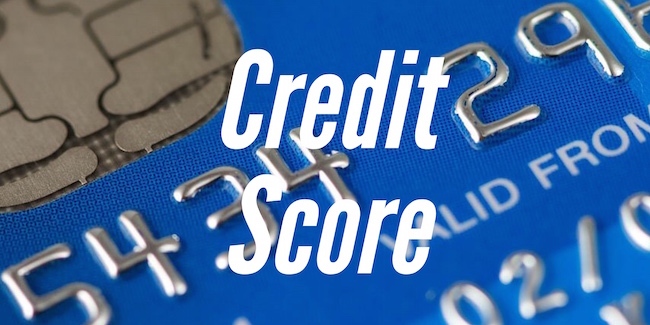As a business owner, credit may be a tool that can help your business grow to new heights, but it can also be a difficult concept to master. Even more challenging, your business may not be able to stand when it comes to applying for credit. In many cases, your personal credit may hinder or improve your business’s credit approval. Here are some instances when your business credit may be impacted by your personal credit score.
Table of Contents
ToggleSole Proprietorships
Let’s say your business operates as a sole proprietorship. This means you have not registered your business as its own legal entity with your state. In this case your personal credit is your business credit. Your business operates under your name with your social security number, so lenders don’t look at your business finances separate from your personal finances, even if you track them separately (which you should do anyway for accounting reasons).
In this case, you can apply for business credit cards or business loans. However, they will all be under your name and you are personally liable for paying the debts back. Late and missed payments hurt your personal credit score. Similarly, if you have bad credit, your business will not be approved for new loans or may have to pay higher interest rates because of your personal credit score and credit history.
LLCs
As an LLC, your personal credit has an impact on your business, but not as strong as a sole proprietorship. LLCs are considered “pass through entities,” which means the business results are reported on your personal tax return. However, an LLC can have its own tax ID, called an Employer Identification Number or EIN, which gives your business its own to legs to stand on for some business loans. As a pass-through entity, your business taxes are filed with an added form on your personal taxes, Schedule C.
At this point, lenders and credit card companies will likely ask for your business tax return or income statement. This is to support new credit applications. This is another reason it is important to keep your business finances separate from your personal finances.
Corporations
As Mitt Romney famously said once upon a time, “corporations are people my friend.” Whether you agree or disagree with the sentiment, for financial purposes corporations are very similar to people. They have their own tax ID number, they file their own taxes, they can have their own bank accounts, and your personal credit typically is not considered when applying for new loans or credit cards.
When you apply for new credit and have a corporation, your personal credit will be taken into account. However, the business is essentially responsible for itself. Taking it a step further, you can pay for a Dunn & Bradstreet, Standard & Poor’s, or Moody’s credit rating for your business, but that is typically reserved for large companies, not startups or solo ventures.
Also note that there are different types of corporations. An S-Corp is similar to an LLC and is treated as a pass-through entity. A C-Corp is considered to be more independent and self reliant when it comes to credit related financial decisions.
Your Personal Credit Matters
Let’s sayf you are running your business as a sole proprietorship, LLC, or S-Corp. Your personal credit definitely impacts your business. If you have a C-Corp, your personal credit is less of a factor. However, it still may be taken into account when applying for new credit.
This is why it is so important to make on-time payments. If you have poor credit and need to get on track to get things fixed up, check out this complete beginner’s guide to credit to learn how your credit score and credit report work and how you can get on track for excellent credit.
















